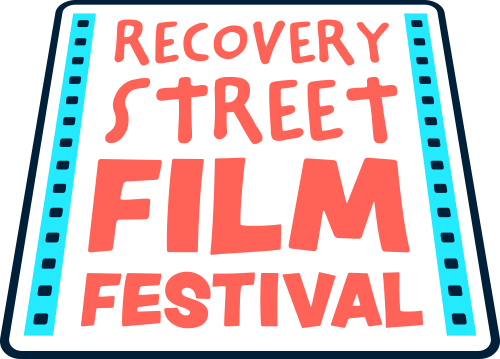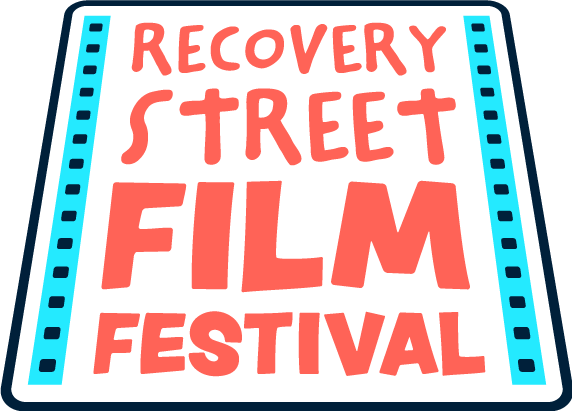Blog - Interview with one of our founders Jim Armstrong
We asked one of the founders of the festival to tell us more about how it came about.
Hi Jim, how are you doing?
I’m good thanks for asking.
Can I ask you a few questions about the film festival?
Sure. I’m always happy to talk about the festival.
Why create the festival?
We started the festival a few years ago due to a growing frustration with society’s stubborn persistence in stigmatising people affected by directly and indirectly by problem drug and alcohol use.
That stigma has a very real impact in marginalising and discriminating against people. Thousands of people are needlessly excluded from accessing basic resources that everyone needs to have a happy healthy life, such as healthcare, housing, jobs and social support.
How does it work?
We have a terrific partnership of drug and alcohol treatment charities that work together to make the festival happen and distribute the films. It’s a brilliant group of talented people with a passion for communication. They are Phoenix Futures, Action on Addiction, Steps2Recovery, CGL, Turning Point and Forward Trust.
Together we enable people to tell their own story and be the author, producer and director of their own life story.
We encourage anyone who wishes to take part to share their story with us. Make a short film that shares your personal experience and submit it to the festival.
Why a film festival?
We believe that film has a unique ability to reduce stigma through creating human connection. Empathy, not sympathy, is the aim. We want to create connection between those people willing to share their story and those people willing to learn about other people’s life experience. We aim to creating a common human connection rooted in our shared hopes, needs and fears.
I think stigma and discrimination is rarely based on a malicious intent it’s very often Influenced by a lack of knowledge or experience, or a narrow experience, essentially a fear of the unknown. If we can fill the unknown with knowledge then we can reduce stigma. It’s a small contribution to a huge issue but it’s worth it even if we makes a modest impact.
Where have the films been shown Jim?
We started showing the films on the high streets of major cities across the UK with pop up street cinemas. Sine then the films have been screened at academic and public health conferences, community TV, community cafes, Houses of Commons and Lords, in prisons and people’s homes and we even held a royal screening with the Duchess of Cambridge at a posh screening room in London. Anyone can host a festival by streaming the films and they’ve been viewed many thousands of times by a huge cross section of society.
They are accessible to all through You Tube. Please watch some of the films and I guarantee spending just a few minutes with our participant’s stories will be a unique learning experience.
What about this year?
We’re always striving to make the festival low cost and accessible. We’ve moved online this year due to COVID-19 and our theme this year is isolation. We want people to stay safe, use a smartphone or low cost equipment and share their story. There’s a serious point to the festival, especially now when the usual means of support and engagement in society are so limited, but we want people to have fun telling their story.

